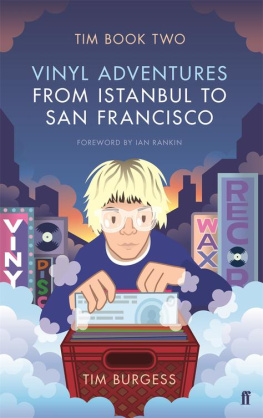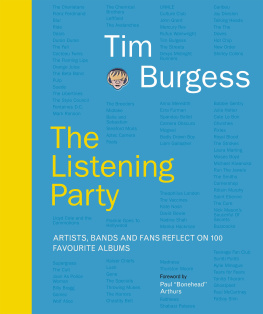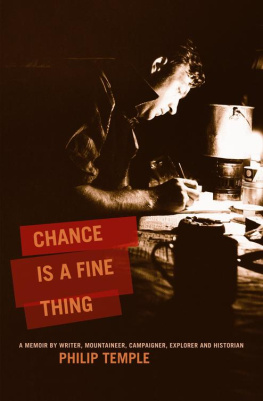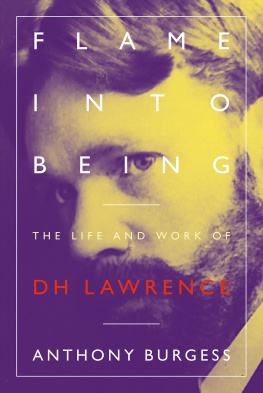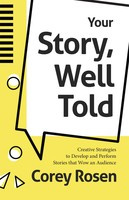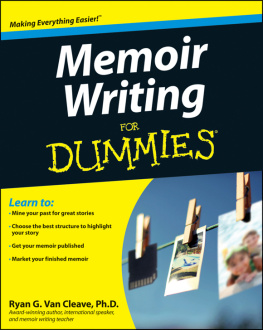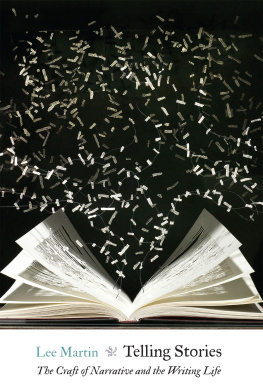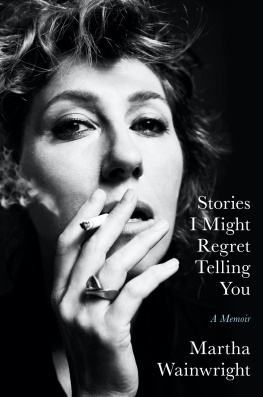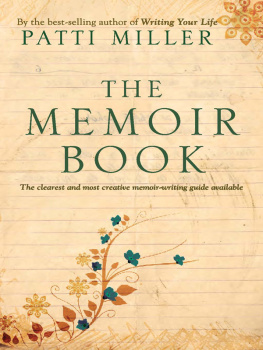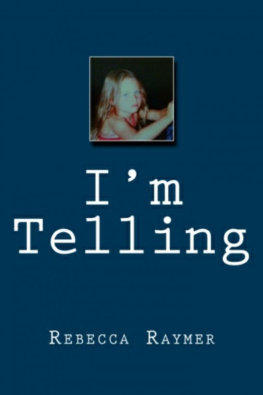I love vinyl, and if youre reading this, you probably do too.
I buy CDs and cassette tapes and even the occasional download, but nothing really beats vinyl for me. Tim Burgess is the same, which is why hes written this book. He looks back at great records and how he first heard them, and great record shops too. For me, it was Bruces in Kirkcaldy, a cramped dark space where I could loiter of a Saturday, deciding whether my pocket money was best spent on that bargain-bin Doctors of Madness LP or a picture-sleeve punk single. I remember sending my mum along to Bruces to buy me some Christmas presents, and the shocked look on her face when she returned home. Shed never experienced anything quite like it in her Max Bygraves-loving life.
Wherever Ive been in the world, Ive always sought out local music, which means finding the best local emporium. Theres a certain bittersweet feeling, knowing fewer of these places exist than previously its the same with independent bookshops. Yet these were a whole generations education and escape, places where we could meet kindred spirits, learn from the knowledgeable staff, and begin a lifetimes adventure.
That adventure is ongoing for Tim Burgess. From the first records he heard to his latest explorations, this book charts a world of sound, colour and infinite possibility. So lower your eyes onto the opening track and start reading!
So, Id written Telling Stories and the question arose of writing a follow-up. The first book was about pretty much everything thatd ever happened to me.
Well, not everything but, hopefully, everything of significance.
The year since it had come out had involved a couple of huge events in my life, albeit not quite the amount of highs, lows and in-betweens Id experienced from birth to late 2011, when I finished Telling Stories. But I loved the process of writing and enough people were asking if thered be another book. I joked that Tim Book Two would be with them soon, although I had nothing more than a title, and I doubt this is even called that anyway
I needed a something a subject, a story.
Ive always thought that I was defined by records. Not just ones Ive been involved in recording but every one Ive ever loved, bought, fallen out of love with or that has soundtracked a particular chapter of my life. They are like punctuation marks. If I need to think back to an event in my life, its easiest to do it with singles and albums. The Cures Boys Dont Cry transports me to being fifteen and a romance with Helen Birkenhead, who was from the posher part of where we lived. I was the boy from the wrong side of the Northwich tracks, like Cheshires answer to James Dean, or thats how I saw myself. If I ever hear Rain by The Beatles, the world stops and Rob Collins is in my mind, standing beside me, whispering in my ear, telling me about a melody hed just come up with that would be the greatest song wed ever recorded. As clear as day, I can hear his voice and remember our times together.
The Pia Colada Song, or more technically Escape (The Pia Colada Song), by Rupert Holmes never fails to put a smile on my face. Martin Duffy brought a copy to a Charlatans Christmas party while we were making Tellin Stories. That song, to me, is Martin, beaming broadly and reminding me of why I love spending time with him.
My mate Simon Owen had an older brother, Nick, who was into Wham! and Japan in equal measure. When I hear Japan, I think of Wham!, and the other way round. There are no real rules you might have the same thing, but with two completely unrelated bands or songs. They dont have to be from the same time, just from when you crossed paths with them. So, in the real world Forever Changes by Love came out in 1967, but, for me, it represents the summer holidays in 1983, when Spud Taylors older brother left it on the turntable at their house. We came in from playing football and were curious as wed seen the psychedelic logo embroidered on lots of jackets in town. It had made an impression on the world a generation before, but we got Arthur Lees take on things when we were sixteen, and it defined a time for us watching One Summer on TV, reading Record Mirror and borrowing Smash Hits from my sister; leading a life that had few responsibilities. Everyone has this its what makes songs so powerful. Everyone has their own musical DNA that can stop you in your tracks in the supermarket or make you shed a tear on a flight. Some of that DNA is shared with the people closest to you.
The power is such that a song can be off limits once it has soundtracked a damaging period. A friends dad would goof around each time Shaddap You Face by Joe Dolce came on the radio, totally embarrassing his son. After his dad died, my mate would not be able to listen to the song without tears streaming down his face. To everyone else it was just an annoying novelty hit, but to this kid it brought back memories of his missing dad. For lots of people, theres a context to songs thats not necessarily linked to the songwriters original intention.
I became hooked at an early age on the influence that records had. The first time I heard Stay Free by The Clash, I was floored. I was transported from my teenage bedroom in my comfortable suburban home to a pub near Streatham people playing pool, two lads not much older than me, one about to become a rock star, the other a petty criminal. The poetry we were studying at school never hit me as hard as that song. Records controlled my emotions as a teenager. Within seconds of dropping the needle onto the vinyl I could be celebrating the start of the weekend with Sham 69s Borstal Breakout, and two days later the melancholy of a Sunday night would be amplified by I Just Cant Be Happy Today by The Damned.
Record shops were where you could go and dive headlong into this world, like an external hard drive of emotions. In the 1970s every town had one. Market stalls would sell records too. Woolworths still existed and an HMV could be found on most high streets. Even Boots sold records a chemists that sold records. Electrical shops where you could rent a TV, they sold vinyl as well. But most towns also had a shop that specialised in records. In 1977 they became somewhere I could spend my increasing independence and free time. They even came with their own in-built form of entertainment, with the guy it was always a guy behind the counter and his repertoire of highly unlikely stories concerning most of the bands you ever mentioned. To us kids, he would spin yarns of boozy adventures with the Sex Pistols after their Free Trade Hall gig, or the time The Ramones stayed at his house Joey ate a full jar of Marmite and Dee Dee chatted up my mum, or some such nonsense. When real grown-ups came in, he invariably served them in total silence, sparking the story back up as soon as they had left.
Maybe he had no tales about the bands who made the records they bought, or maybe we were just deemed gullible enough to be told them. Either way, me and my friends felt at home. It could be argued that my whole life in music came from hanging around in record shops, in particular Omega Records in Northwich it was owned by The Charlatans first manager. (If this was one of those classic music biopic movies, thered now be a scene with my disgruntled parents lecturing me that there was no future to be had from spending all my spare time in record shops while myself and the audience would share a knowing smile.)

